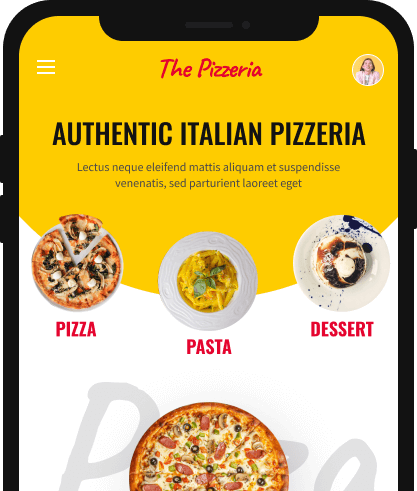Ever walked into a casino with the hope of walking out with your pockets heavier? You're not alone. Many people share the dream of winning big, and while it's all about luck, there are definitely ways to tilt the odds a bit more in your favor. First off, set a budget before you even step foot in the casino. It's shocking how many people think they can beat the house by simply playing longer. It's crucial to set limits. Studies show that most gamblers start losing exponentially after 90 minutes of continuous play.
When hitting the slot machines, always look for those with the highest Return to Player (RTP) percentages. Common knowledge dictates that an RTP of 96% to 98% is ideal. That means for every $100 bet, you can expect $96–$98 back over an extended period. Casinos won't advertise this, but it's usually something you can find online or in forums. Blackjack is another game where skill plays a major role. The key to success is learning and sticking to basic strategy. The concept of basic strategy can lower the house edge to just about 0.5%. That's why you often see seasoned players with those little strategy cards at the table. Why wouldn't they want to lower their losses?
Now let's talk roulette. Most people know the game is purely luck, but did you know there are different types of wheels? European Roulette has a single zero, while American Roulette has both a single zero and double zero. This seemingly minor difference makes a huge impact on your odds. European Roulette offers a house edge of 2.7% compared to American Roulette's 5.26%. Always aim for the European wheel if you have the option; it's a no-brainer considering the much lower house edge.
Poker is an entirely different beast. Unlike slots or roulette, poker is predominantly skill-based. For instance, Texas Hold'em remains one of the most popular variants because of the skill involved. Most professionals agree that you have to put in around 10,000 hours of practice to master the game. It's also a good idea to start playing lower stakes to gradually build up your skills without risking significant amounts of money. Remember that the rake — the small portion of the pot the house takes — can add up, so factor that into your budget. In professional settings, such as the World Series of Poker, the rake can be as high as 10%.
Baccarat might seem like a game for high rollers, but it's surprisingly player-friendly. Bets on the banker have a house edge of just 1.06%, making it one of the best bets in the casino. Compare this with the house edge of 1.24% for betting on the player. Small differences, but over time they add up. If you’ve ever seen James Bond playing baccarat, that’s probably why. It’s a game where the odds aren’t ridiculously stacked against you.
Why do you think casinos offer so many complimentary services? Free drinks, show tickets, even free hotel rooms? Casino mogul Steve Wynn is famously quoted saying, "The only way to win in a casino is to own one." Casinos are built on the mathematics of winning over time. They can justify giving you a $100 room because they expect you'll drop ten times that on their casino floor. Knowing this, you can accept the perks but remain disciplined in your gameplay.
Sports betting is another popular avenue, albeit with its own set of complexities. The sports betting industry netted an estimated $203 billion in 2020 alone. It pays to stay informed; the more you know about the teams, players, injuries, and statistics, the better your chances of making educated bets. Always be wary of betting just based on heart and emotions. Doing your homework is key. For instance, data from ESPN shows that the New England Patriots covered the spread 59% of the time during the Tom Brady era. Such statistics are readily available and crucial for making informed decisions.
You've probably heard stories about people winning big and thought, "That could be me!" Take John Doe, who won $22 million on a slot machine in Las Vegas in 2001. While such stories are rare, they do happen. However, it's essential to understand that the odds are heavily against you. On average, the chances of hitting the jackpot on a slot machine are about 1 in 262,144. That’s effectively the needle in a haystack scenario. This makes setting realistic expectations crucial.
Online casinos are another ball game altogether. They utilize complex algorithms and Random Number Generators (RNGs) to ensure fair play. Major online casinos often display their payout percentages and are audited regularly. The online market was valued at $59 billion in 2020 and continues to grow. It’s a good idea to verify the credibility of the platform you’re playing on. Websites like ojwin offer detailed reviews and insights, ensuring that you make informed choices.
Lastly, managing your emotional state is critical. Gambling can be highly stressful, and stress often leads to poor decisions. According to the American Gaming Association, responsible gambling means understanding the odds, knowing the game's rules, and adhering to personal limits. Always take breaks, hydrate, and never gamble more than you can afford to lose.
Timing also plays a crucial role. For example, the best hours to play slots might differ from table games. In general, casino floors tend to be less crowded during weekday mornings, which could translate into a more relaxed experience. However, busier times might lead to jackpots being hit more frequently. Understanding the flow and patterns of the casino can offer subtle advantages that can tip the scale slightly in your favor.
